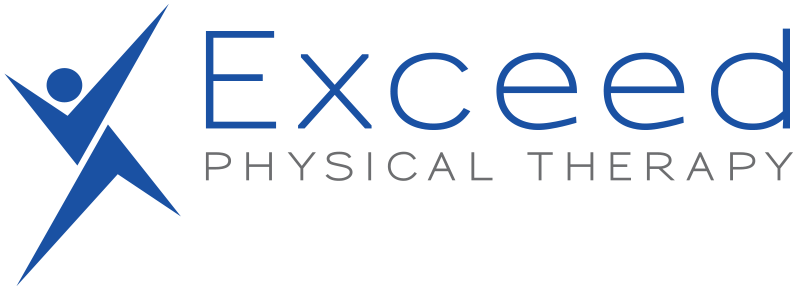Pediatric Therapy
Pediatric Therapy
What is Pediatric Physical Therapy?
Pediatric physical focuses on evaluating, diagnosing, and treating infants, children, and adolescents with various physical, developmental, and neurological conditions. The goal is to help children reach their maximum potential for functional independence and improve their quality of life.
Conditions Treated in Pediatric Physical Therapy
- Developmental Delays: Delays in reaching milestones such as sitting, crawling, or walking.
- Congenital Torticollis Conditions: Such as Down syndrome, muscular dystrophy, and cerebral palsy.
- Orthopedic Injuries: Fractures, sports injuries, and post-surgical rehabilitation.
- Neurological Disorders: Spina bifida, traumatic brain injury, and stroke.
- Genetic Disorders: Conditions that affect muscle tone, strength, and coordination.
- Sensory Processing Disorders: Difficulties with processing sensory information that affect movement and coordination.
Benefits of Pediatric Physical Therapy
- Enhanced Physical Development: Promotes the development of gross and fine motor skills, strength, and flexibility.
- Improved Functional Abilities: Increases independence in daily activities and mobility.
- Better Quality of Life: Helps children participate more fully in school, play, and social activities.
- Support for Families: Provides education and resources to help families support their child’s development and well-being.
Pediatric physical therapy plays a crucial role in supporting the growth and development of children with physical and developmental challenges, helping them achieve their full potential and lead fulfilling lives.
Core Services
We deliver more than expected.

